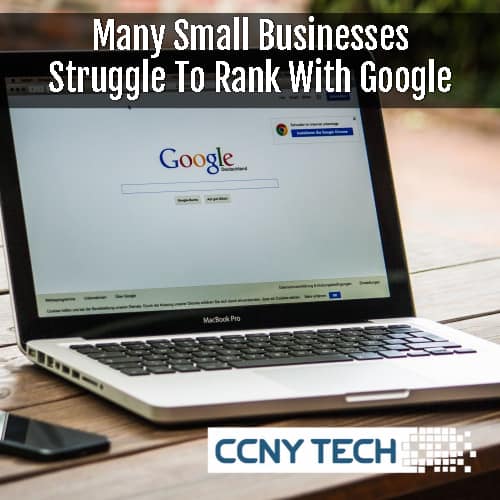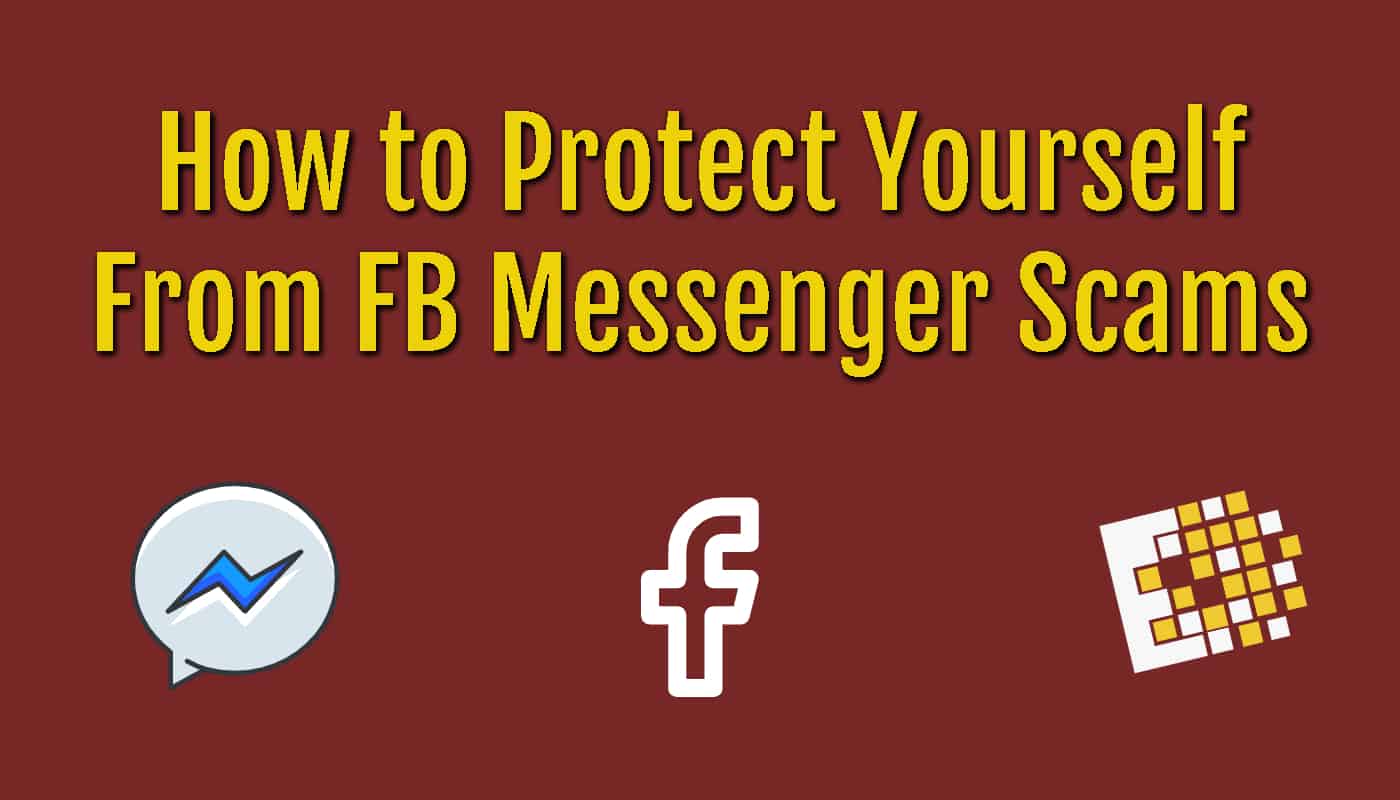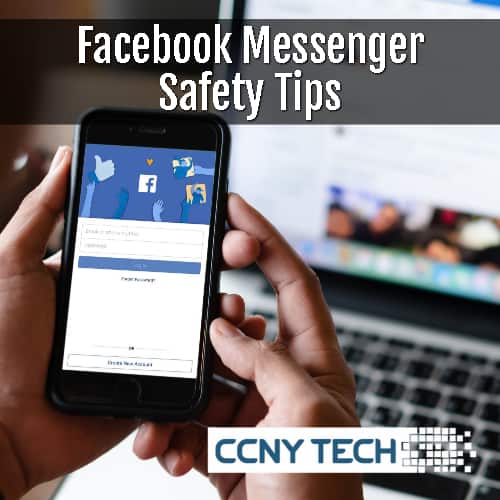If you own a website or a blog and have wondered, how do you get on pages one of Google, or is it even possible? You may even ask yourself, is Google conspiring against me?
Google’s stated purpose is to “organize the world’s information and make it universally accessible and useful.” Delivering relevant search results is a huge part of that.
In August 2018, Google rolled out the “medic update,” which emphasized Expertise, Authority, and Trustworthiness (EAT) as major ranking factors. The goal was to ensure users weren’t just getting the highest quality content but also getting the right information.
Google realized that most searchers come to their platform for just about everything. That means their users’ lives could be seriously impacted for the worse if the wrong results appear. Websites that could lead to potentially life-altering results fall under the umbrella “your money or your life” (YMYL)
That means Google is looking individually at each category:
Expertise: Does the author of a piece of content have the requisite competences and expertise in his field?
Authority: Is this the best source for answering the question from the searcher, or is there another “go-to” person who would be a better source?
Trustworthiness: Does the author offer an accurate, impartial presentation of the subject in its content?
According to Google’s own search quality ratings, when it indexes the main content of each page, it checks factors like:
- Purpose of the page
- Content quality and amount
- Website info and info about the content creator
- Website reputation and content creator reputation
- User interaction with the page (time on page, bounce rates, and so on)
- Expertise, authority, and trustworthiness (E-A-T)
Industry SEO experts also claim other factors are in the mix such as:
- A Secure and Accessible Website
- Page Speed (Including Mobile Page Speed)
- Domain Age, URL, and Authority
- Optimized Content (Heading Tags, Alt Tags, Etc)
- No Technical Page Errors
- Good Design & User Experience on (Mobile, Tablet, Desktops)
- Links to the site
- Social Signals (Likes, Shares, Comments)
- Real Business Information (GMB – Google My Business)
The Human Side
Besides the engineer designed algorithm and artificial intelligence, Google hires “Quality Raters” (human searchers) to double check sites to make sure they are following the search engine’s guidelines.
The Struggle is Real For Small Business
Although, following every ranking factor can give you an advantage over your competitors, larger companies and directories may have an advantage inherently due to the vast amount of traffic and data sent to Google each day. This means a small business may struggle to get on page one no matter how perfectly they follow guidelines.
Should Your Goal Be To Please Your Audience Or To Please Google’s Algorithm?
You should never sacrifice your user’s experience to make Google happy. Google will never be your paying customer, but your readers might. If you want to get the best SEO advice ever, here it is: Create awesome content that your users will love. Then optimize that content to help Google understand why your audience loves it so much. But always, no matter what, begin with your user in mind.
 Tech Tuesday is heard each Tuesday on Mix102.5 with Big Poppa and CCNY Tech’s Marketing Guru Daryl Ledyard. Since 1988, CCNY Tech has been an IT Hardware Sales and Services company. Ten years ago, CCNY Tech has added IT Asset Disposition to it’s offerings.
Tech Tuesday is heard each Tuesday on Mix102.5 with Big Poppa and CCNY Tech’s Marketing Guru Daryl Ledyard. Since 1988, CCNY Tech has been an IT Hardware Sales and Services company. Ten years ago, CCNY Tech has added IT Asset Disposition to it’s offerings.



 Tech Tuesday is heard each Tuesday on Mix102.5 with Big Poppa and CCNY Techs Marketing Guru Daryl Ledyard. Since 1988, CCNY Tech has been an
Tech Tuesday is heard each Tuesday on Mix102.5 with Big Poppa and CCNY Techs Marketing Guru Daryl Ledyard. Since 1988, CCNY Tech has been an